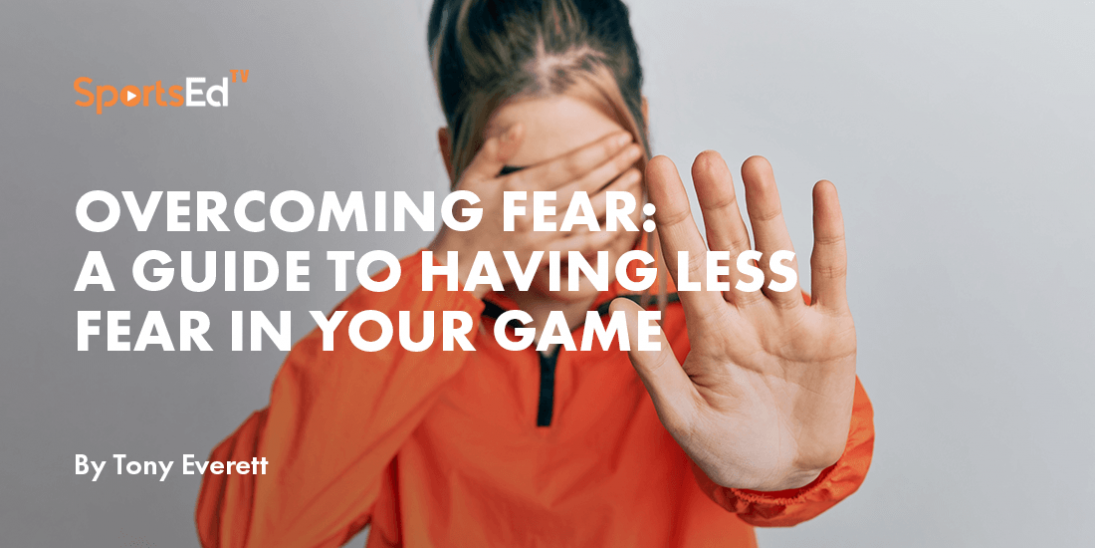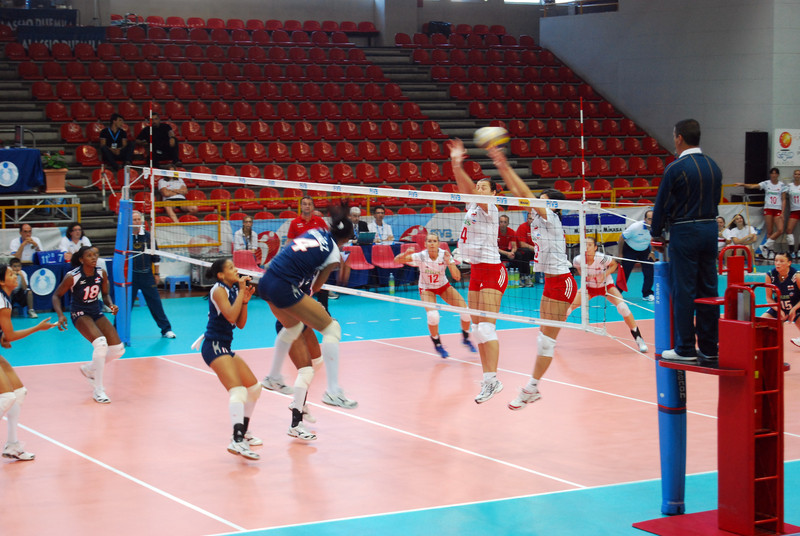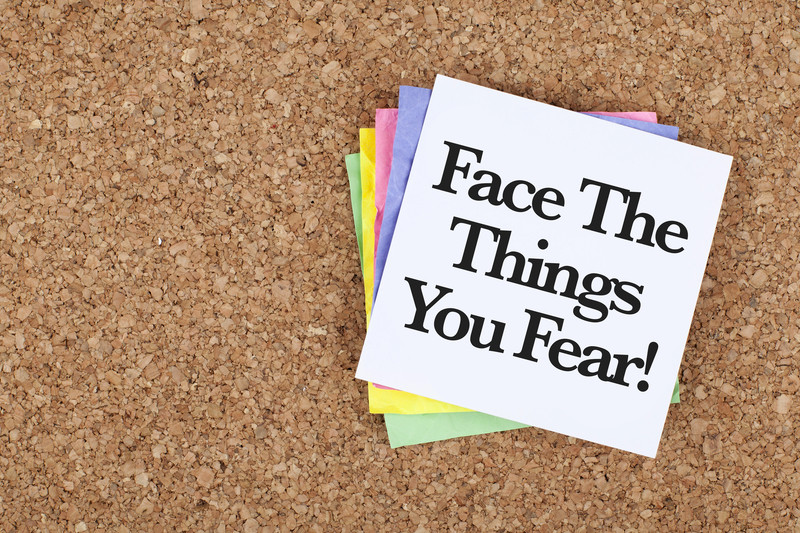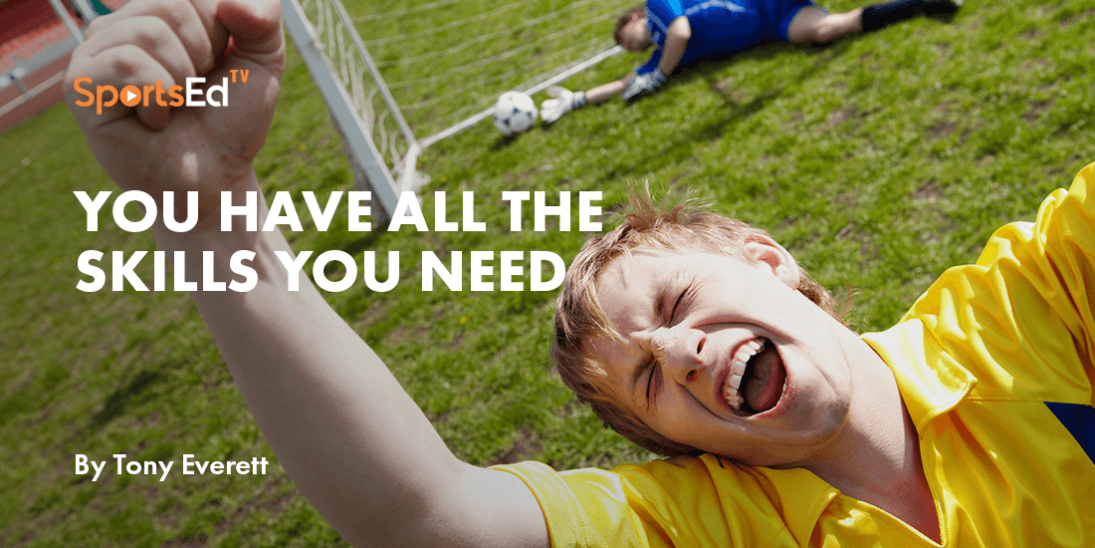Basketball, Golf, Mental Health, Mental Toughness, Soccer, Taekwondo, Tennis, Volleyball
Welcome and thanks for visiting...

Overcoming Fear: A Guide to Having Less Fear in Your Game

Fear is a powerful emotion that people experience. Minor inconveniences can trigger it and have us act out inappropriately, and life-changing events can have us hiding under the covers for days.
As an athlete, fear can put us in our heads, thinking of everything that could go wrong. We cannot relax and play our best game because of the images of failure we create.
Why does fear rule our Lives?
Fear is a natural response to perceived danger, and it is essential to our survival. In other words, it helps us avoid lions, tigers, and bears. The amygdala can be considered the place for processing fearful and threatening stimuli (among other things). This processing includes detecting potential threats and activating appropriate fear-related behaviors such as fight, flight, or freeze responses.
Fear ruled my life. Growing up under the watchful eye of a disciplinarian father, I learned to stay small, remain unseen, and stay safe. It worked for my younger self, so my subconscious mind kept that mindset for most of my adult life. It wasn't until I started doing the work to dig into my fears that I got to observe and understand this mindset.

I often wonder if I could have done more with my athletic abilities, stepped into more leadership roles, and taken on more work responsibilities. Who knows where my life would have gone if I had embraced being bold and risked stepping up to more challenges?
Fear has been an essential element in our survival, and while fear can help keep us safe, it can also harm our lives. It can lead to self-doubt and a lack of confidence, making taking risks and trying new things challenging. Allowing our fears to control us can lead to problems such as limiting our potential and preventing us from pursuing our goals and dreams.
Identify the source of your fear.
Why is this important to know as an athlete? Well, I'm glad you asked.
When the amygdala registers something threatening, like performing a skill that could be embarrassing if we fail and have us laughed at (yes, that is a real fear for many people), it will send warning signals that cause us to freeze or fly. In the heat of competition, this happens so very fast we are unaware of it taking place. But the net result is not performing the skills we perform when pressure is absent.
In this situation, fear is victorious, and we are playing a sub-par game. The coach will criticize us because we aren't playing well. On the car ride home, our parents will tell us everything we could have done better. We now feel we had a terrible game because we didn't play to our potential, and the cycle of fear has begun.
In our mind, it is a statement that "I am bad." That statement internalizes our actions, and we become "bad." The cycle of fear forms as we say to ourselves, "I never want to do that again." Our next match will mirror this because we don't want to make the same mistakes and feel the same way. Our desire to not make mistakes causes us to become tense when the pressure is on, so we make the same mistakes. Rinse and repeat for the remainder of the season.
When interviewed years later about their performances, many sporting legends talk about the fear that haunted them through the years of playing sports. One example is Jonny Wilkinson, a massive name in the England Rugby world, who spoke about sitting in his hotel room thinking of excuses he could use to not go to the stadium for his upcoming game. He was terrified that he wouldn't perform to all the expectations.
That's one of the issues with sports: you're only as good as your last game, and you had better live up to that in your next game, or you're toast.
These fears are often instilled in us by societal conditioning and are associated with feelings of anxiety and stress. Think about the language we use when playing sports. I'm going to dominate my opponent. Let's crush that team. We're going to take them apart. Anyone would think we are going to war! It is no wonder that we are anxious and stressed when we play.

Please don't think I am saying everyone should get a participation trophy. I understand there is a level of competition in sports, and we do want to win games. But let us consider setting our minds and thinking about what competition means. The root word for the word competition is Latin - competere - meaning "to strive together." We all need competition; we need the challenge. A competition involves two or more individuals or teams coming together in a contest. There can be respect for who you are facing and an internal reflection of your abilities and how you stack up. This mindset is a long way from "destroying" your opponent.
Here are three things to consider when facing your next sporting event.
- Why are you playing the game? Consider the word's origins as mentioned above if it is a competition. If it is for fun or exercise, play with that as the foundation of your mental game.
- How do you want to improve? If you take the court with a mindset of "must dominate," there will be little growth. Stepping over the white line with an attitude of growing and developing as a player, you can constantly grow and develop.
- What is your desired outcome? This question is similar to the first point, but there is a slight variation here. If your desired outcome is to win, what can you control to make that happen? Many focus on their opponent's performance, and although understanding their style can be significant, nothing can beat the internal preparation of self. If you do the work needed to get yourself into the best physical, mental, and spiritual state possible and then give 100% of yourself in the competition, the result will always become secondary. This knowledge will help you overcome the fear of not performing at your best in future tournaments, and the side effect is likely to be more wins.
These are a few questions for you to consider as you continue to seek to perform at your best. Uncovering what drives you to take the court or field of choice is worth discovering.
There are more ways fear can negatively impact our lives. Being overly worried, a symptom of fear, can cause rapid breathing, increased heart rate, and muscle tension. Chronic worry can also weaken our immune system and increase our risk of developing chronic diseases like heart disease, depression, and anxiety disorders. Fear can cause us to become defensive, suspicious, or aggressive, leading to conflict in our relationships.
If fear is holding you back from being your best on the court, what can you do about it?
In her book Fear Less, author Dr. Pippa Grange discusses three simple steps to work through your fears.
- Name it - Before you try to solve anything, you must see and name what you fear. As crazy as it sounds, you will want to get familiar with your fear to feel its energy and see its form. Identifying it this way will help you own and do something with it.
- Face it - Now you know what it looks and feels like, you can go inward and see how it is showing up in your life. What is it costing you or other people in your life?
- Replace it - This is the not-too-simple step of replacing that fear with something that provides more strength and hope and better serves you.

Why would you work through this process? I mean, it's not as if you've got bags of time on your hands to sit and ponder life's issues. I get it, you have games to win, trophies to collect, and opposition to conquer. That is the mindset of most athletes. It's one of mastering the physical game and being stronger, faster, and better than your opponent. But if you let your fears get the better of you, then all the preparation will matter little when you face an opponent who has worked through their fears and is super confident in who they are as an athlete.
Here are three more ideas to help you work through the fears that might hold you back.
- Fear often stems from past experiences or beliefs. By addressing the core of your fears, you can begin to confront and overcome them. This is similar to the "name it" process mentioned earlier. It differs because you are seeking from where the fear originated.
- Fear often arises from negative self-talk. You can reduce anxiety and increase self-confidence by challenging and replacing these thoughts with positive ones. Again, it is similar to the "replace it" process from above, but you will focus more on self-talk here. What do you tell yourself before, during, and after a game? Become aware of how you talk to yourself. You might be creating more fear than you would like to admit.
- Mindfulness can help you become more aware of your thoughts and emotions, allowing you to respond to them more rationally and constructively. The practice of mindfulness is helpful in so many ways for athletes, and there are many resources to help. I strongly recommend you invest some time into using these resources.
As you work through your fears, you can release the demons holding you back from being your best self on the court or pitch. You will start to see improvements in your results. You will enjoy your sport more and find joy in the competition. But remember, fear will always be your companion. It is a natural human experience.








